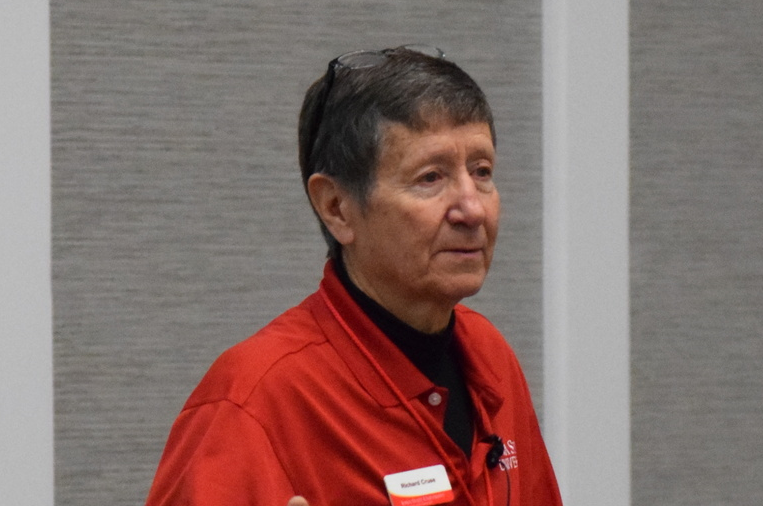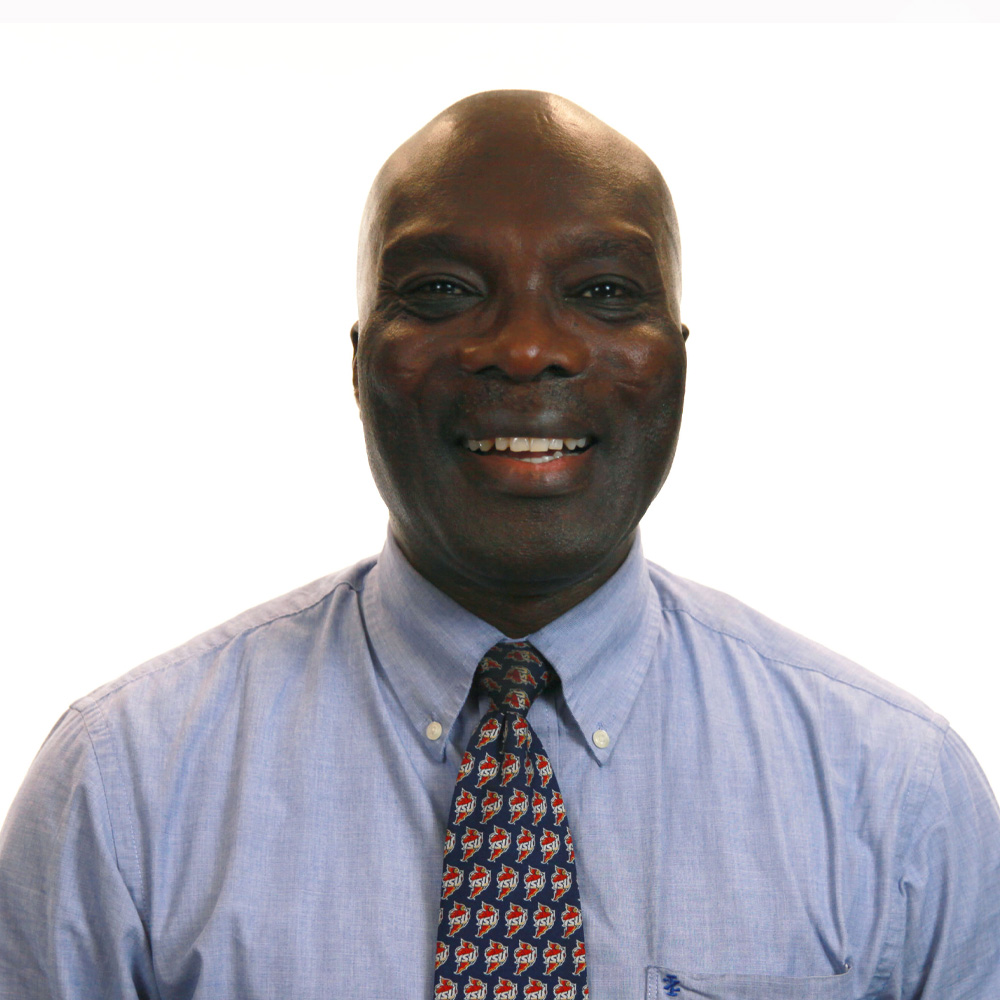Dr. David Kwaw-Mensah is an Associate Teaching Professor in the Department of Agronomy. His degrees include a Ph.D. in Agricultural Education (Extension Education), with a Ph.D. minor in Environmental Science (Soil and Water Quality), Iowa State University, 2008, M.S. in Soil Science (Soil Management), Iowa State University, 2005, M.S in Agricultural Land-use Planning, University of Pretoria, South Africa, 1996, and B.Sc. (Hons) in Agriculture (Agronomy), Kwame Nkrumah University of Science and Technology, Ghana, 1982. He joined the Agronomy Department in 2012 as a Research Associate in Soil Management and Environment, focusing on tillage system and residue management research. In 2017 he joined the Master of Science Agronomy Program as Assistant Teaching Professor and currently teaches the following courses in the Master of Science Agronomy Program: Agronomy 532 (Soil Management), Agronomy 512 (Soil-Plant Environment), Agronomy 592 (Current Issues in Agronomy), and Agronomy 599M (Creative Component). Dr. Kwaw-Mensah also teaches a section in the undergraduate course Agronomy 342 (World Food Issues: Past and Present). He is a passionate teacher who believes in a respectful and inclusive learning environment. His teaching philosophy is grounded in the theory of transformative learning and constructivism. He shares in the thoughts of the 450 BC Philosopher, Confucius who once said, “Tell me, and I will forget; Show me, and I may remember; Involve me and I will understand.” He believes learning is an active lifelong biological process, which must be objectively evaluated using both formative and summative methods. He believes in engaging his students by telling, showing, and actively involving them in the learning and discovery process.

